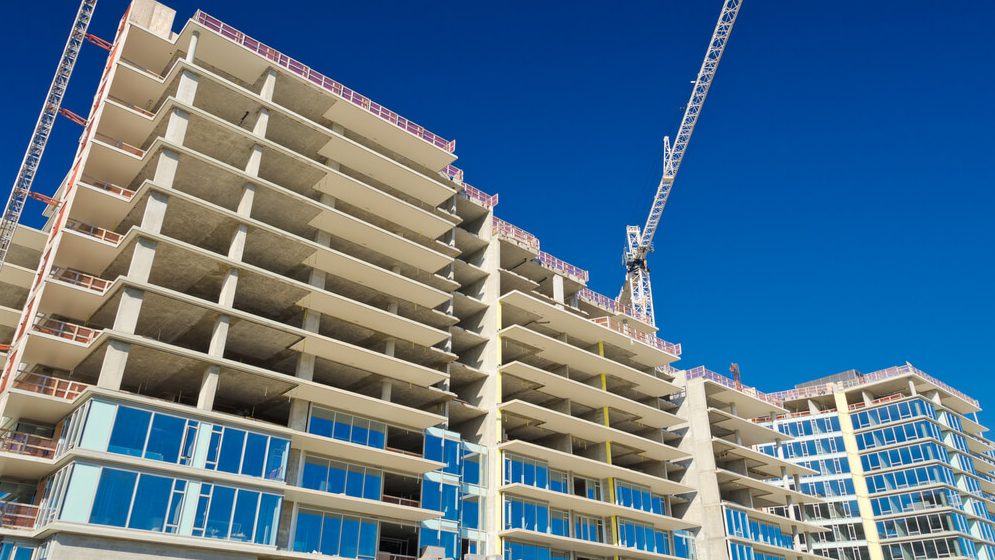Apartment authorization volumes held steady in the latest national permits data.
Local governments across the country approved 398,760 units in the year-ending January 2018. That permitting activity, inclusive of the 31,704 units authorized during the month of January, essentially matches the December 2017 annual volume and represents just a 0.3% increase from January 2017’s annual total.
On the metro-level leaderboard for annual activity, all of the top 10 permitting metros remained the same as they did in the previous month, with the first four returning in order. Denver moved up one spot to #5, while Austin moved up two spots to #6. Chicago remained at #7, with Washington, DC slipping from #5 to #8. Despite the minor stumble, DC remains a development powerhouse. In 2017, metro completions hit a two-decade high. Similar supply volumes are expected in 2018.
While the entire list of top 10 permitting metros experienced increases in annual multifamily permitting from the same 12 months one year ago, there are signs that moderating is occurring when comparing to permitting totals two years ago. New York, Dallas, Los Angeles and Austin saw decreases in annual multifamily permitting from January 2016, with New York dropping by more than 50% as the bulge related to the 421-a tax incentive diminishes over time.

With all of the top 10 apartment markets reporting at least some increase in annual multifamily permits, the annual total of multifamily permits issued in the top 10 metros – 141,754 – was 11.1% greater than the 127,597 issued in the previous 12 months. The total number of permits issued in the top 10 metros almost equaled the number of permits issued within the metros ranked #11 through #39.
For the month of January, the standings experienced a notable shake-up, with seven of the top contenders replaced from the previous month. New York narrowly retained its leading position, while Charlotte secured both the runner-up spot and the monthly leaderboard’s greatest year-over-year change.
Meanwhile, Atlanta’s #3 position signaled continued growth for the metro. At the end of 2017, nearly 14,000 units were underway in Atlanta – well above the five-year average of 11,797 units. Development continues to be heavy in upscale submarkets, causing pricing power to moderate. In contrast, Atlanta’s workforce housing neighborhoods are experiencing limited supply and robust rent growth.

The introduction of Atlanta, Austin, Charlotte, Denver, Fort Worth, Miami and Phoenix pushed Chicago, Dallas, Portland, San Diego, San Francisco, Seattle and Tampa Bay from the standings.







